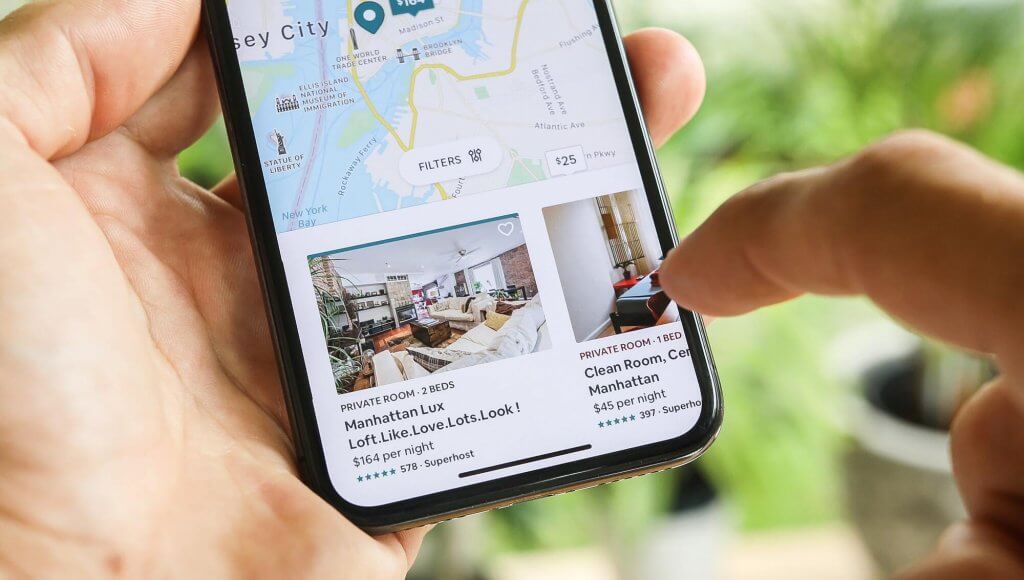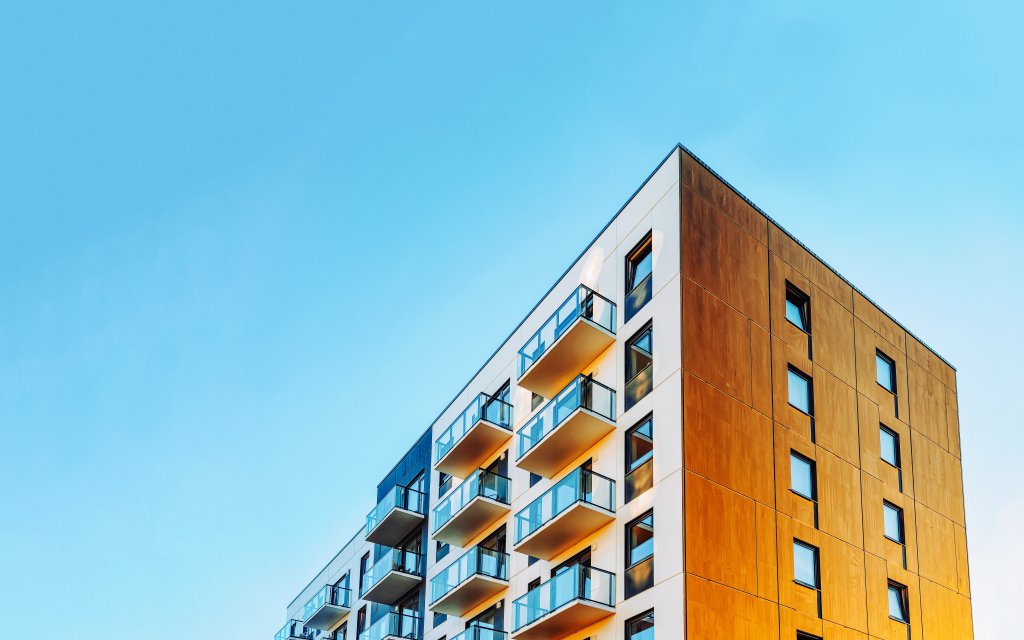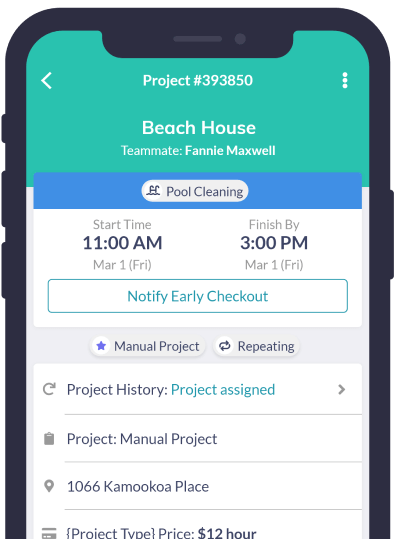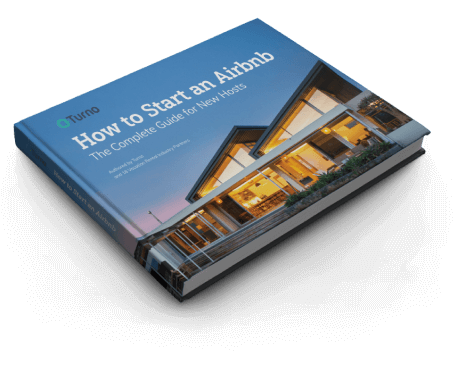1. Identify Your Market
Figuring out who you are going to market to will help you establish a solid foundation for your short-term rental business.
“Decide whether you can commit to the financial work of owning an Airbnb. Hopefully, you can, because this potential is present with any investment property. However, be sure to do your homework in advance to understand the rental patterns of the market you are considering.”
To identify your market, you will need to consider your clientele’s age range and income. This will help you identify to whom you would like to promote your listings.
Location plays a big role in determining your target market. For example, if your property is near the beach, you’ll likely attract those wanting a sunny, ocean-side getaway. If you rent out an apartment in the city, your target market may focus on business travelers.

2. Know Your Regulations and Legalities
Become familiar with your local laws and regulations about short-term rentals. In many U.S. cities, it is required that you are registered or have a permit to list your property as an Airbnb. Other regulations vary by location.
Additionally, hosts can often become liable for any injuries sustained on their property. Because of this, securing insurance coverage is recommended.
3. Budget Up-Front Costs
“Just as new homeowners quickly discover that the grass isn’t always greener after they finish tallying up the costs from their home inspection, those just entering the short-term rental business often realize that they did not account for every expense they needed to when they ran their initial budgets. Have you made a plan for cleaning costs? Utility bills?”
– Futurestay
Up-front costs, including rent, utilities, Wi-Fi, and internet, may add up to $1,500 to $3,000 or more per month, depending on the location of your property. You’ll also have to keep in mind the costs of hiring professional cleaners, fixing repairs, and keeping the properties stocked with guest comforts.
Take the time to consider all potential costs — up-front, recurring, and future — for your Airbnb business to determine whether the investment will be worthwhile.
How Much Does It Cost to Start an Airbnb?
The average cost of starting an Airbnb business is around $18,000. Up-front costs for an Airbnb include:
- Down payment and security deposit
- Monthly rent or mortgage payment
- Insurance
- Furniture
- Utilities
- WIFI and internet
- Replenishable goods like cooking oil and spices
- Soft goods like kitchenware
- Services like Netflix or Hulu
Depending on the size of your Airbnb, your costs may change. 1-bedroom Airbnb rentals tend to have the lowest start-up costs. Additionally, most of your up-front costs will come from setting up your place. This includes home decor and basic supplies such as kitchenware and appliances.
Futurestay also points out that, “beyond the costs of day-to-day operations, you’ll need to consider what happens if you encounter a dry spell. Let’s assume nobody rents your property for a short time. Can you afford to cover the costs of the home without a steady income flow?”
4. Increase Your Level of Involvement
Your success as an Airbnb host is determined by your customer reviews and ratings. Being involved in your guests’ experience in a positive way will help you rack up those 5-star reviews.
The key is to not be so involved that you are impeding your guests’ stay. Be available for emergencies, questions, and check-in and check-out if needed. If your guests’ have any questions about the property or house rules, like whether or not they need to wash the linens before leaving, it is best to respond in a timely manner.
As a host, you are not expected to initiate contact to check up on guests repeatedly throughout their stay. You just have to be available if anything comes up.
5. Have Routine Cleaning and Maintenance
Hiring a professional cleaner to consistently keep your property clean and tidy will help ensure that your Airbnb business investment pays off.
Maintaining your properties also lets your guests know that you care about their experience. This can lead them to book with you again in the future or recommend you to a friend or family member.
6. Make Your Listing Stand Out
A sure way of getting more guests is to make your Airbnb listing stand out. Use professional images, and make sure your property is clean and clutter-free. Additionally, include an accurate and up-to-date description of your rental, mentioning all amenities, the location, and other unique qualities of the property that will draw people in.
Lastly, create a powerful host profile, as this is the first impression prospective guests will have of you. Upload a professional and friendly-looking profile image so clients have an idea of who they are communicating with and renting from.

Set Yourself Up for Airbnb Hosting Success
Owning a short-term rental property can be a great source of income, but it also requires some specific considerations before you commit.
When starting your Airbnb business, it is important to have most of the logistics figured out. Then, you can look for and finance your dream property.







